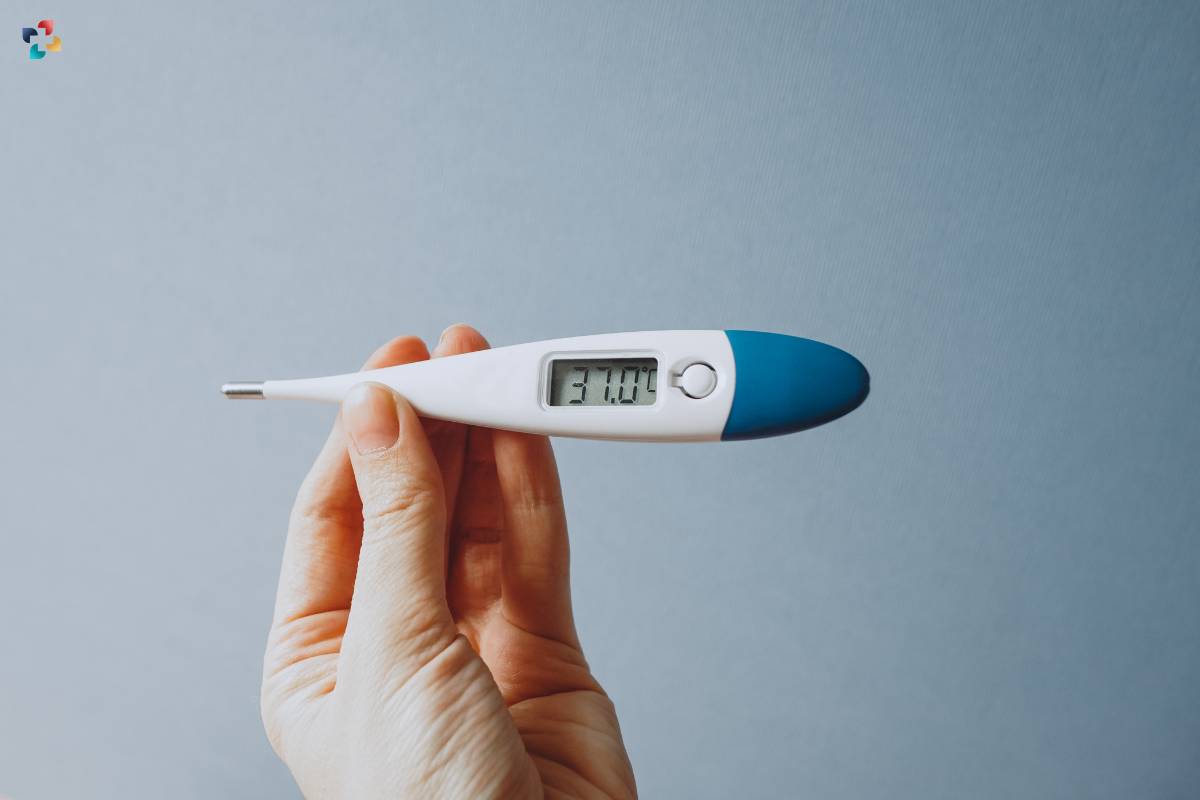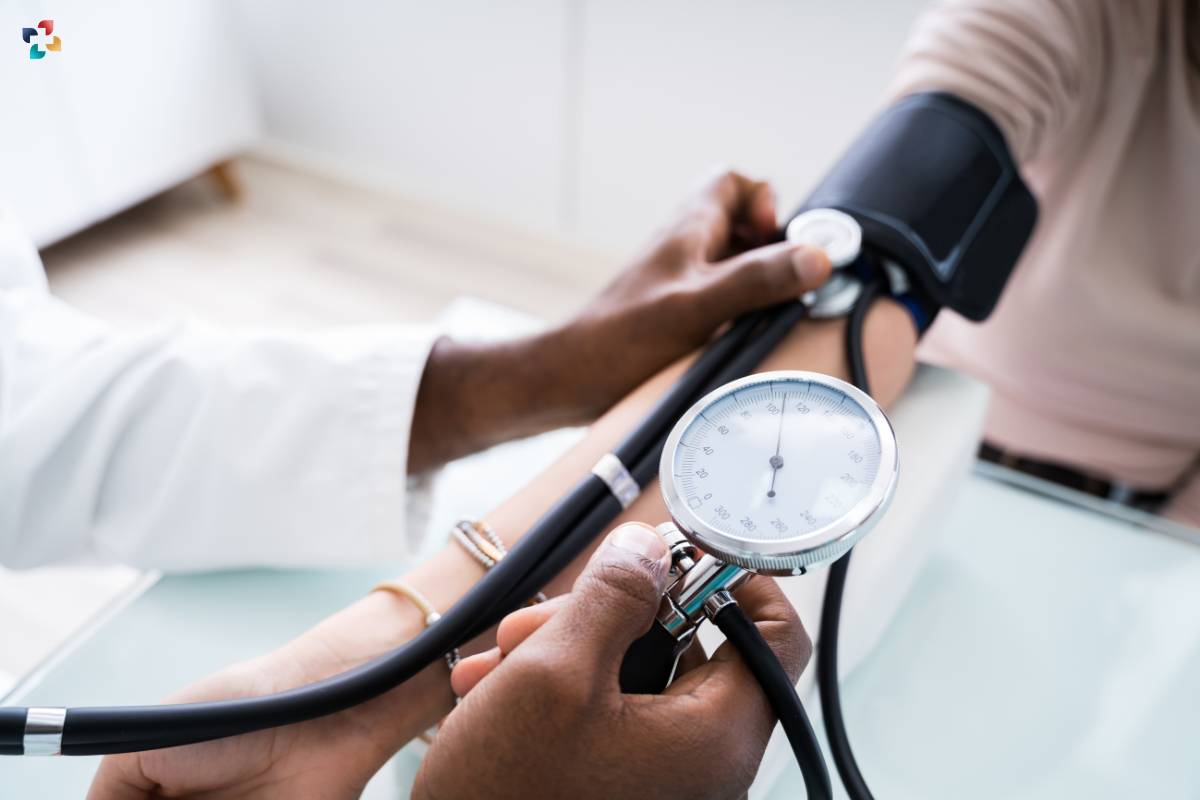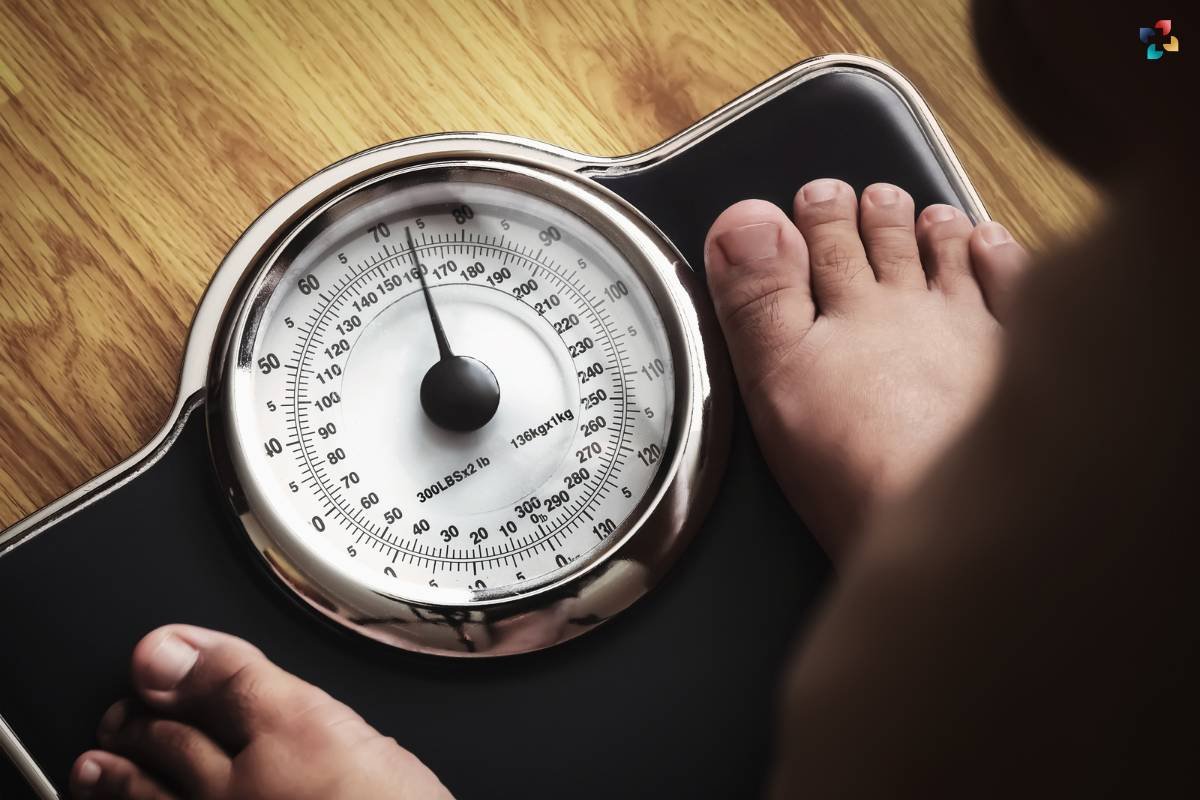Vital signs are the measurements that doctors use to assess the health of patients, as they reflect the body’s most fundamental processes. Unfortunately, many people in India neglect keeping track of their health. However, individuals can easily monitor their health levels at home using vital signs monitoring equipment. By regularly checking and recording your vital signs at home, you can also keep your doctor informed about your health.
There are six key vital signs you can track, using the acronym “BROTHW”:
• B: Blood Pressure
Normal blood pressure should not exceed 120/80 mmHg.
• R: Respiration Rate
Typically, a healthy adult takes 12 to 20 breaths per minute.
• O: Oxygen Saturation
A typical range for oxygen saturation is 95% to 100%.
• T: Thermometer
The average body temperature is 98.6°F (37°C).

• H: Heart Rate
A normal heart rate for adults ranges from 60 to 100 beats per minute.
• W: Weight
For men, the weight range is between 70-90 kg, while for women, it is between 50-70 kg. Monitoring vital signs is beneficial in detecting medical problems. These signs can be measured either at a hospital or at home.
1. Body Temperature
A person’s normal body temperature varies based on factors such as recent activity, food intake, time of day, and, in women, and the menstrual cycle stage. A healthy adult’s normal body temperature can range from 97.8°F to 99°F. You can determine body temperature through various methods, including the ear, skin, axilla, rectus, and/or oral means. The ear thermometer is a convenient tool to check your temperature at home, and the oral thermometer should be used sublingually.
2. Blood Pressure
Blood pressure is a vital sign that reflects the condition of your cardiovascular system. It measures the force of blood against artery walls as the heart contracts and relaxes. You can take blood pressure at home, especially if you are on medication that controls or lowers blood pressure. Remember that blood pressure should not exceed 120/80 mmHg. Before consuming breakfast, measure your blood pressure to ensure accurate readings. If your blood pressure is high or low, consult your doctor.

3. Respiration Rate
Respiration rate indicates the number of breaths taken in and out of the lungs per minute. A healthy adult typically breathes between 12 and 16 times per minute. Children aged six to twelve may have a rate of 18 to 30 breaths per minute. If your respiration falls outside of these parameters or you experience breathing difficulties, consult your doctor.
4. Oxygen Saturation
Oxygen saturation or blood oxygen level is crucial for checking the amount of oxygen in your body. The ideal range varies based on age and medical conditions. Doctors recommend checking oxygen saturation twice a year, especially during different seasons. You can use a pulse oximeter to check your oxygen saturation at home, with a typical range of 95% to 100%.
5. Heart Rate
Heart rate, also known as pulse rate, is closely monitored by healthcare practitioners as it indicates overall health. A normal heart rate for adults is 60 to 100 beats per minute. Abnormal heart rates, whether high or low, can be dangerous. You can check your heart rate by placing two fingers against the carotid artery on your neck or on the wrist. Count the beats for 30 seconds and multiply by 2 or count for a full minute. Numerous devices are available in the market to measure your heart rate.
6. Weight
Use a digital weighing scale to monitor your weight, whether you want to lose, gain, or maintain body weight. Measure your weight on the same scale for accurate results. The ideal weight range varies based on race, gender, and height. Normally, the average body weight for men ranges from 70-90 kg, while women typically weigh between 50-70 kg. Check your weight twice or thrice a week to keep track of any abnormal weight loss or gain.

Many people are leveraging technology to track their vital signs. Fitness trackers can sync with your pulse, oxygen saturation, and respiratory rate, and the accompanying app can save your information. These six vital signs are essential for monitoring your health at home. If you notice any significant changes in your records, speak with your doctor for further evaluation.
Many people are taking advantage of the technology. There are many fitness trackers that you can sync, which will measure your pulse, oxygen saturation, and respiratory rate. The app that pairs with your tracker can save your information.
Conclusion
These are the six vital signs that might help you to check your health problem at home. If you see any changes in your records, you can speak with your doctor.
By tracking these vital signs at home, you can become more proactive about your health. Regular monitoring enables early detection of potential health issues, allowing for timely intervention and better management of existing conditions. Moreover, it empowers you to make informed decisions about lifestyle and habits that can positively impact your well-being.
Always remember that while monitoring your vital signs at home is beneficial, it should not replace regular medical check-ups. Visiting your doctor for comprehensive health assessments is essential to address any underlying health concerns properly.
In conclusion, tracking your vital signs at home, including body temperature, blood pressure, respiration rate, oxygen saturation, heart rate, and weight, can provide valuable insights into your health status. With the convenience of modern technology and affordable monitoring equipment, it has become easier than ever to take charge of your health from the comfort of your home.
So, start monitoring your vital signs today, and take the first step towards a healthier and more informed life!








